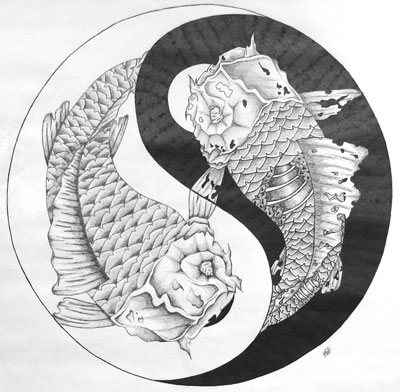All Nonfiction
- Bullying
- Books
- Academic
- Author Interviews
- Celebrity interviews
- College Articles
- College Essays
- Educator of the Year
- Heroes
- Interviews
- Memoir
- Personal Experience
- Sports
- Travel & Culture
All Opinions
- Bullying
- Current Events / Politics
- Discrimination
- Drugs / Alcohol / Smoking
- Entertainment / Celebrities
- Environment
- Love / Relationships
- Movies / Music / TV
- Pop Culture / Trends
- School / College
- Social Issues / Civics
- Spirituality / Religion
- Sports / Hobbies
All Hot Topics
- Bullying
- Community Service
- Environment
- Health
- Letters to the Editor
- Pride & Prejudice
- What Matters
- Back
Summer Guide
- Program Links
- Program Reviews
- Back
College Guide
- College Links
- College Reviews
- College Essays
- College Articles
- Back
Forgive and Never Forget
Elie Wiesel is a noble man who I would be honored to meet. He was born on September 30th, 1928 in the town of Sighet, which is now present-day Romania. He grew up in a small village where family, community, religious study, and God were most important. But, in 1944, Wiesel and the rest of his village were deported by German soldiers. They were taken to a concentration camp, where Weisel’s parents and younger sister perished.
By the time the camps were liberated in April of 1945, Wiesel had survived living in four different concentration camps: Auschwitz, Buna, Buchenwald, and Gleiwtiz. After the war, he and his two older sisters were freed and he traveled to Paris to work as a journalist. At first, Wiesel was very private about the Holocaust and refused to share his first-hand experiences. After he was persuaded to break his vow of silence towards the Holocaust, he began writing stories of his time in the camps, and has published over thirty books on Judaism and the Holocaust. He then was awarded the Nobel Peace Prize, was appointed to the President’s Commission on the Holocaust, and received the Congressional Gold Medal of Achievement.
Today, Wiesel is still actively spreading the word of the Holocaust in an effort to keep people informed on the horrors that took place and to never forget the pain and suffering the Jews endured to prevent this travesty from ever reoccurring.
Elie Wiesel is a significant Jewish figurehead because he has dedicated his life to preserving the Jewish faith and keeping the teachings of early scholars around for generations to come. I would be amazed to meet this man because he has clearly demonstrated the qualities that any good human being should have: integrity, tenacity, and a passion for knowledge.
I would ask him how he has been able to see the good in people after he has experienced the worst of mankind. How has he been able to forgive and yet not forget?
I aspire to be as great a man as Elie Wiesel because his role in the progression of Jews has been so significantly important to keeping the younger generation of Jewish people interested and mindful of previous occurrences.
I have learned in my history classes that “history repeats itself.” If we continue to spread the message of the Holocaust and Elie Wiesel, then we can be sure that this horror will never happen again.

Similar Articles
JOIN THE DISCUSSION
This article has 0 comments.
